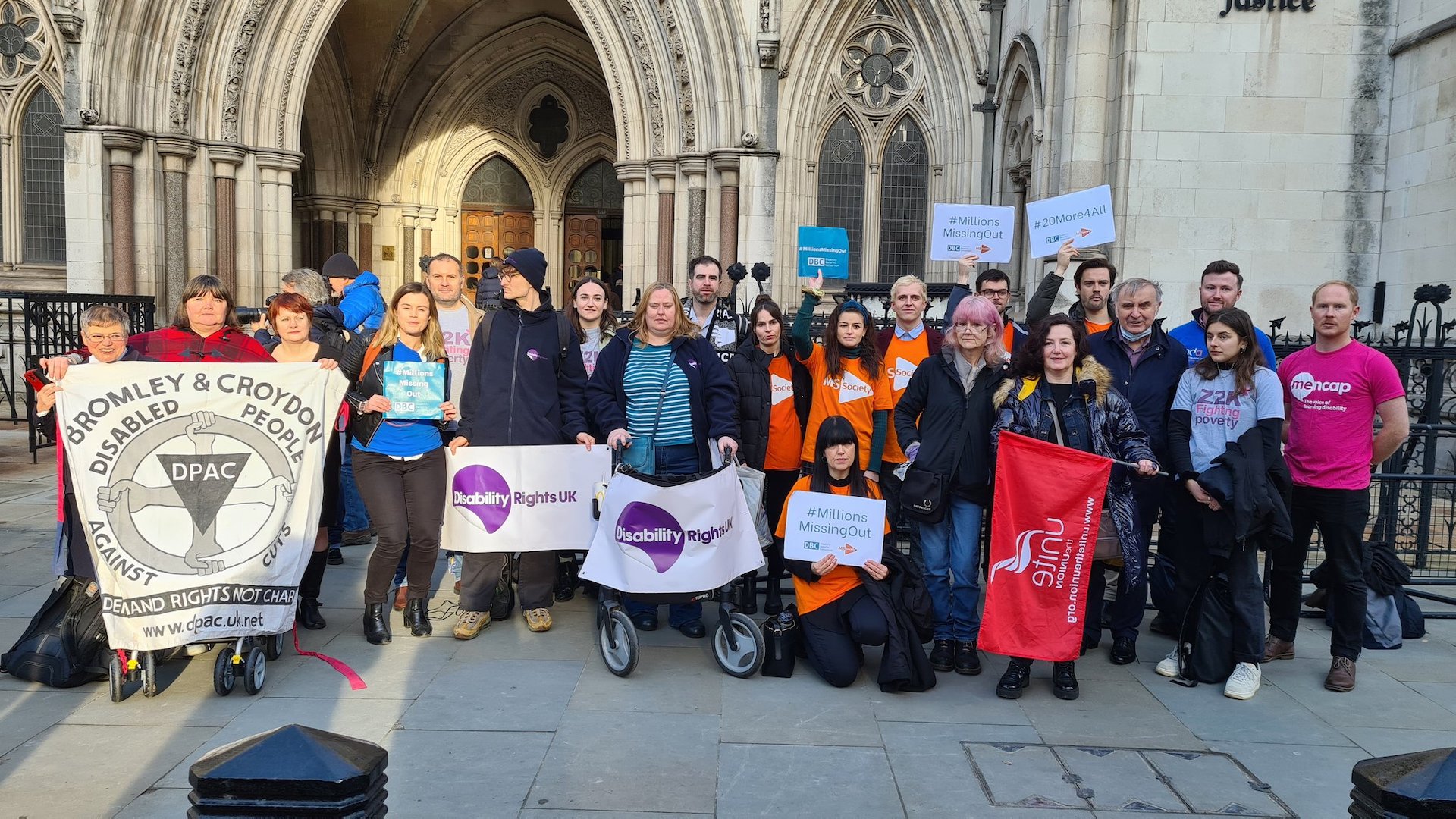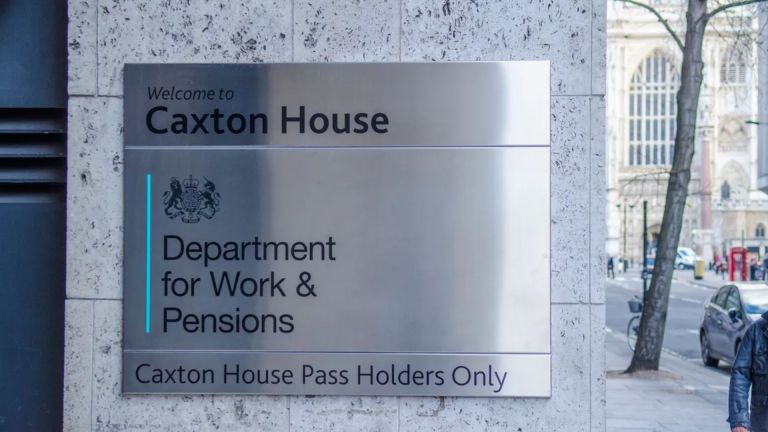The High Court has ruled the government will not have to make backdated payments of £1,500 to two million people who missed out on Covid support payments.
The case was brought by four “legacy benefit” recipients who claimed the Department for Work and Pensions (DWP) discriminated against them by giving a £20 per week uplift to those receiving universal credit, but not them.
The judge admitted that legacy benefits were “low”, and said: “It is obvious that any person required to rely only on that level of income will suffer hardship”.
However the ruling stated the “difference in treatment” between recipients of Universal Credit and those receiving legacy benefits was “justified”, because the £20 uplift was aimed at people who lost their job due to Covid.
Legacy benefits are benefits that pre-exist universal credit, and include Jobseeker’s Allowance and Employment and Support Allowance (ESA), which is paid to people who are disabled or sick. Most of the people who missed out on support were ESA claimants.
The DWP had claimed it was unable to give the £20 per week uplift, given as Covid support to recipients of universal credit until the autumn, due to limitations in the system used to distribute benefits.





